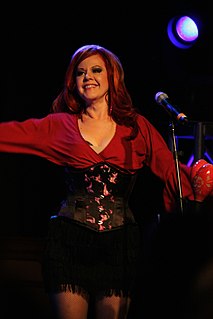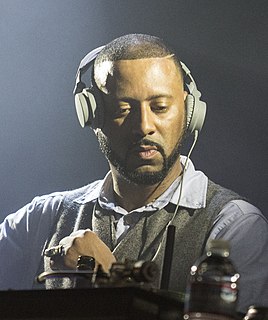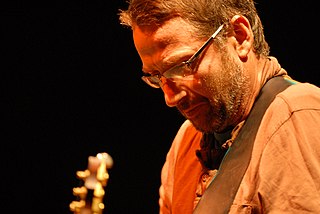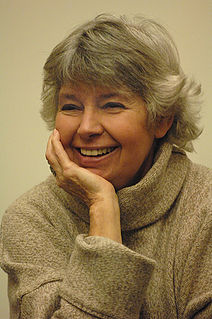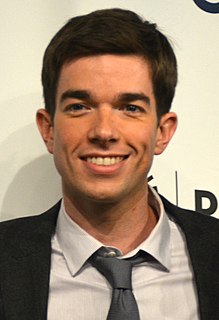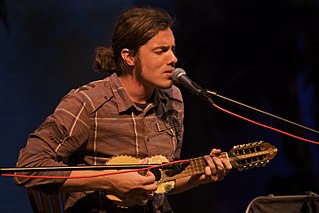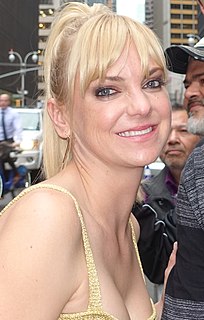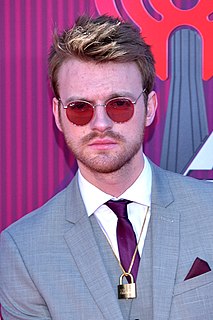A Quote by Kate Pierson
Usually, when we write in The B-52s, it's quite a collaborative process. We really take hours - and sometimes days - jamming, and then we listen and listen to them and go, 'Oh, let's use this part, and then this part.' It's really like a collage.
Related Quotes
For the most part, people use "empathy" to mean everything good. For instance, many medical schools have courses in empathy. But if you look at what they mean, they just want medical students to be nicer to their patients, to listen to them, to respect them, to understand them. What's not to like? If they were really teaching empathy, then I'd say there is a world of problems there.
I love jazz. So to me, there are two main types of jazz. There's dancing jazz, and then there's listening jazz. Listening jazz is like Thelonius Monk or John Coltrane, where it's a listening experience. So that's what I like; I like to make stuff that you listen to. It's not really meant to get you up; it's meant to get your mind focused. That's why you sit and listen to jazz. You dance to big band or whatever, but for the most part, you sit and listen to jazz. I think it comes from that aesthetic, trying to take that jazz listening experience and put it on hip-hop.
I get really worried, like if they say, 'Take vocal lessons,' or something because it's kind of like I used to really love to draw when I was a kid and then I took like an art class - because everyone said, 'Oh, you're so good, you should take a class and maybe you can be really good,' and then I went to the class and then they showed me how to use a ruler and perspective and all this stuff and it totally made me not want to do it at all.
Sometimes you think, "Oh man, this is going to be a fantastic movie," and then when you see it put together, you're like, "Oh, huh. Well, that didn't turn out quite the way I thought." Sometimes you think you're part of a project and it isn't that great, and then it sort of becomes a pleasant surprise. But I think there's just too many elements that affect the tone of a movie, so I think even for a director, it may be hard to gauge that.
